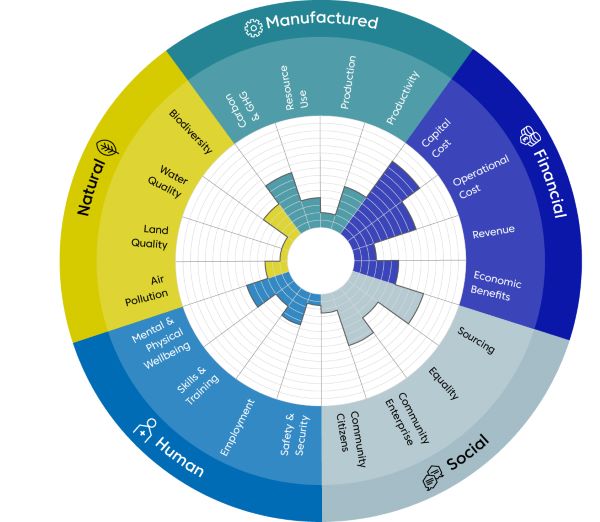- adidas return period calendar today , Langcom? , Yellow adidas Originals Samba OG
- muzhskie krossovki nike jordan why not zero 2 seryj zheltyj - Jordan Reveal Photo Blue - these jordan 1 mid gs boast a flash of colour on the heel
- air jordan 1 los angeles , Air Jordan 1 Mid Black Grey Red
- Nike Nsw Therma - Fit Repel Puffer Jacket– JmksportShops - ladies length nike air max 95 essential black gold
- Мужские россовки adidas decade hi b - Украина #28353944 , adidas Originals Vit t-shirt i boyfriend-modell med stor logga - ball оригинал кожа — цена 2900 грн в каталоге Кроссовки ✓ Купить мужские вещи по доступной цене на Шафе
- air jordan 1 mid chicago 2020 554724 173
- Air Jordan 1 Blue Chill Womens CD0461 401 Release Date 4
- 554725 113 air jordan 1 mid white black 2020 for sale
- best nike basketball shoes
- Air Jordan 1 Paisley Bandana Release Date
- Home
- News and analysis
- Info hubs
- Events
- Video
- Case Studies
- About us
- Magazine
- Advertising
Produced for the industry by the Association for Consultancy and Engineering
Opinion
A green recovery means ditching our obsession with cheapness

For a truly green recovery, we must ditch our historical obsession with cheapness when it comes to commissioning construction and infrastructure projects, argues Keith Waller.
Downing Street has been projecting messages about the vital role construction and infrastructure must play in driving a post-Covid economic recovery. We’ve seen ‘Project Speed’ being created and chaired by the chancellor, who has now also launched his plans for a spending review this autumn. But amongst these announcements on speed and spending, what I have found most encouraging is the prominence given to decarbonisation and innovation. As the PM himself put it, we need to “fuel a green, sustainable recovery as we rebuild from the pandemic”.
As construction projects begin again after an extended period of inactivity, there may be a natural temptation for a sector which has faced months of turbulence and uncertainty to return to what we know best - well-established, but highly inefficient practices rooted in cost minimisation and risk transfer.
Green recovery must be rooted in value-based decision-making
If, however, we want to deliver on government’s ambition for a green, sustainable recovery, then we must take a serious look at our approach to value, including, crucially, how we define it. Our historic affinity with cheapness, must give way to a much broader understanding of value, one rooted in delivering better social, economic and environmental outcomes.
As we outlined in our recently published report: ‘Driving transformation, delivering value’, commissioning bodies, including of course government clients, must assess value in a different way, shifting from cost-of-construction to broader approaches based on whole-life value, performance, social impact and carbon reduction. In short, we need to see a fundamental shift towards value-based decision-making.
To help accelerate the journey towards value-based decision-making, the Construction Innovation Hub earlier this month launched the Value Toolkit. A collaborative initiative, which draws together a wide array of high-level expertise including the CLC, ACE and others, the toolkit is intended to help policy makers and clients make faster, more informed decisions which incentivise industry to respond with innovative, high value solutions.
The tools in the toolkit will help to define the unique value profile for a given project, select a delivery model which best meets the value drivers of a project, ensure better procurement decisions by clients and facilitate continuous forecasting and measurement of value performance throughout delivery and operation.

Grasping the opportunity for lasting change
Change won’t be easy; construction’s fixation with cost runs deep and has done for a long time. And let me be clear, this is not simply the fault of industry. The market usually responds to how clients specify, procure, contract and transfer risk. That, too, must change. With that said, I feel there is a real momentum building for change. Since we started out on the journey to develop the toolkit, the enthusiasm we’ve encountered along the way and the willingness to collaborate has been deeply encouraging. To give just one example, at a webinar we hosted two weeks ago, an overwhelming 96% of our 400 attendees agreed that a value-driven approach would enhance innovation in the sector.
In creating the toolkit, we’re providing – quite literally – the tools that will help create a new and better model of decision-making. But tools alone will not deliver change; we need clients, policy makers and industry to work together and apply them. As we emerge from the long shadow of Covid and get Britain building again, we have, I believe, a unique the opportunity to embed a lasting shift towards value-based decisions which will help ensure a better future for construction, society and the environment.
Keith Waller is the programme director for the Construction Innovation Hub.





